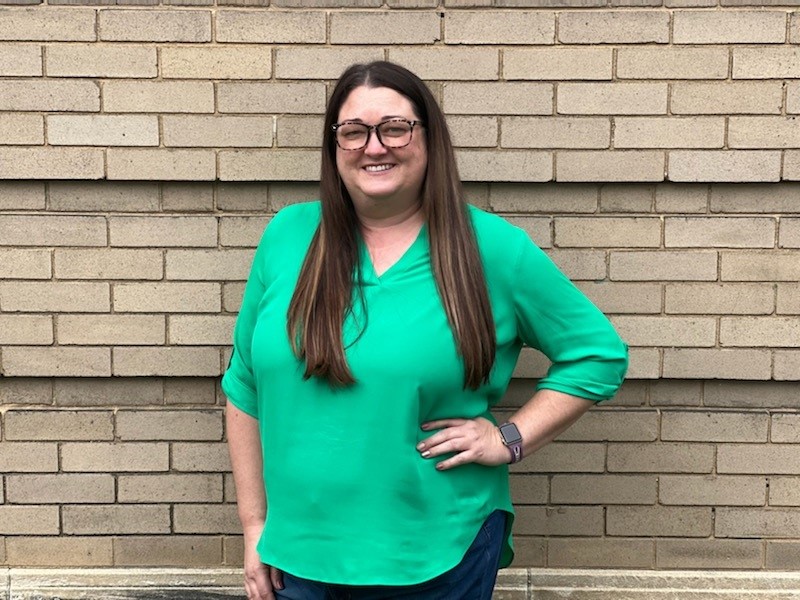
At Volunteers of America Ohio & Indiana, we believe in a world where all people live in safety, with social, emotional, and physical well-being, spiritual fulfillment, justice, and hope. When a person walks through the doors of VOA, they are greeted with respect and open arms to help them rebuild their lives. June is PTSD (Post Traumatic Stress Disorder) Awareness Month. We sat down with one of our Clinical Supervisors, Vanessa Hogan, MS, LMHC, LCAC to learn more about PTSD and how friends and family members can best support their loved ones.
In your role, how do you help people with PTSD?
We offer support and listen to whatever they are comfortable sharing without any judgement. We show compassion and respect for their experiences.
What do you feel is a misconception about PTSD?
One person’s trauma might not have the same impact on a different person. People deal with trauma in different ways and not all trauma results in PTSD. PTSD is a mental health concern, and it develops after you go through or see a life-threatening event. It’s normal to have stress reactions to these types of events, and most people start to feel better after a few weeks or months. If they don’t, it’s important to seek help for persistent or recurring symptoms that someone is experiencing.
What is something people with PTSD want others to know?
It’s important for people to know that each day is different. Some days are good, and it might appear that nothing is bothering them. But, other days could be very difficult, and they will need more support on those days.
How can friends and family help someone with PTSD?
Encourage friends and family to verbally offer their support and make sure the person dealing with PTSD knows they have a support system to lean on. Learn to be comfortable with silence and there to listen when someone is willing and ready to talk. It’s important to be aware of the signs and symptoms of PTSD, as well as the triggers that are specific to your friend or family member.
What are some signs and symptoms of PTSD?
- Being easily startled or frightened
- Aways being on guard for danger
- Self-destructive behavior, such as drinking too much or driving too fast
- Trouble sleeping
- Trouble concentrating
- Irritability, angry outbursts or aggressive behavior
- Overwhelming guilt or shame
For more resources and symptom information about PTSD, visit https://www.ptsd.va.gov/
